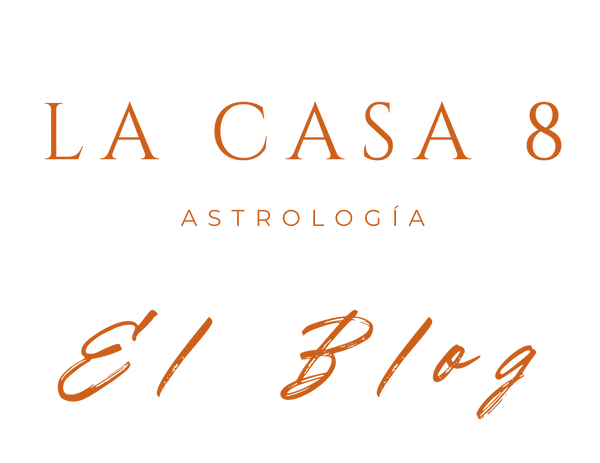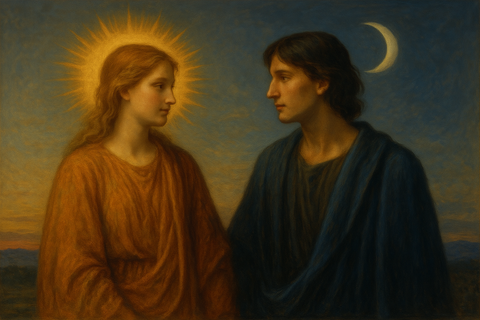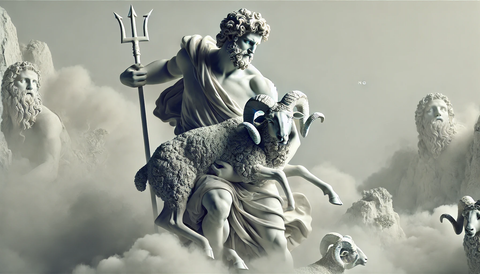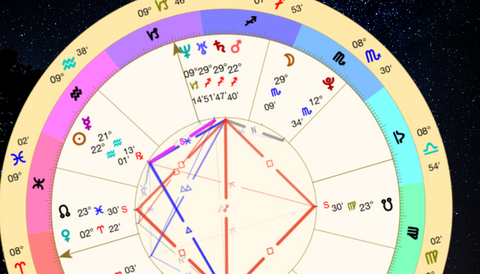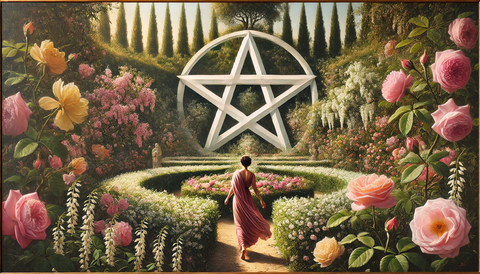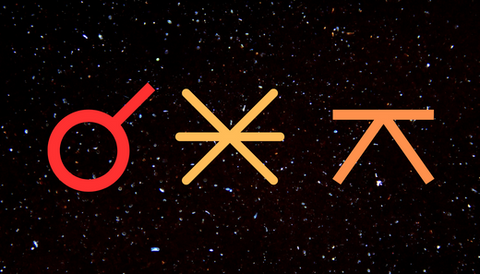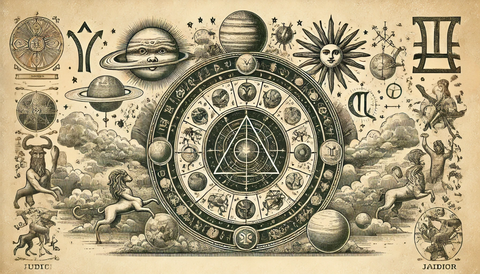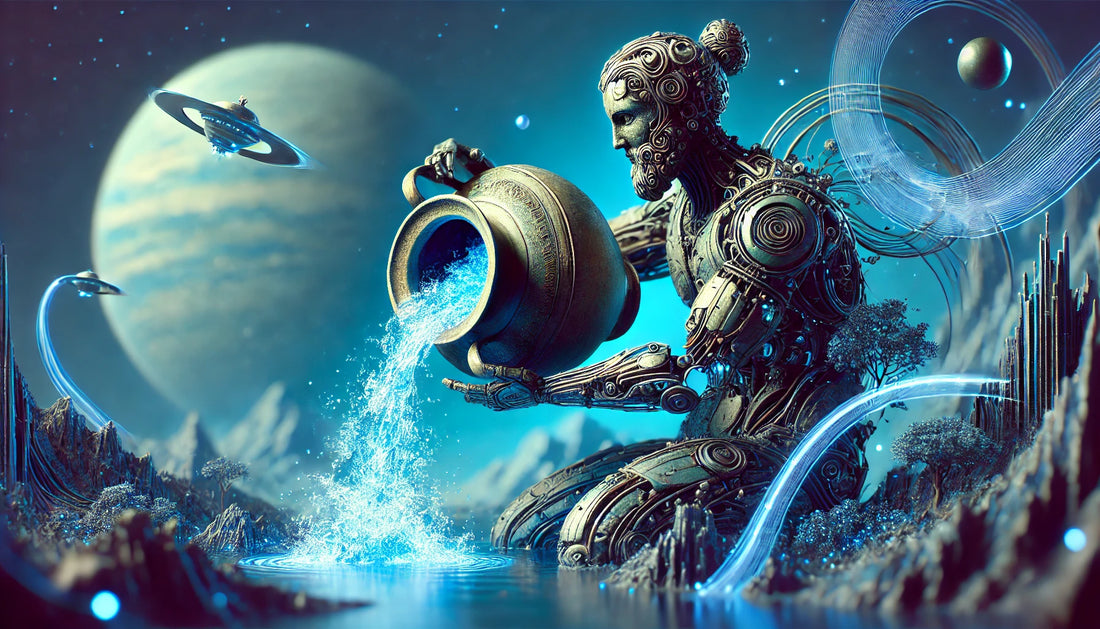
The Age of Aquarius: The Ultimate Guide
“A crisis is an opportunity riding on a dangerous wind.” -Chinese proverb Are We on the Brink of a Revolution or the Precipice of Anarchy? In a world rocked by unprecedented change, the promise of the Age of Aquarius may actually be a double-edged sword. With one hand, it offers us a vision of a unified humanity , freed from the shackles of outdated hierarchies and restrictive traditions. With the other, it threatens to plunge us into a chaos of extreme individualism and social disorder. But what exactly is the...
Create your account to read the full article.
